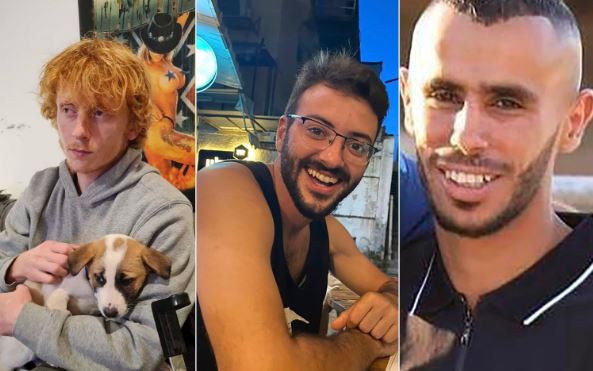Tragic Misidentification: Israeli Hostages Killed in Gaza

In a harrowing incident during the ongoing Israel-Hamas war, three Israeli hostages were mistakenly killed by Israeli troops in the Gaza Strip. The hostages, identified as Yotam Haïm, Samer al-Talalqa, and Alon Lulu Shamriz, were shirtless and waving a white flag when they were shot, signifying a devastating error in the heat of conflict.
Details of the Incident
The incident occurred as the hostages, who had either been abandoned by their captors or had escaped, were trying to signal their non-combative status by waving a white flag. An Israeli military official acknowledged that the shooting violated the Israel Defence Forces’ rules of engagement and expressed that this action was being investigated at the highest level. Prime Minister Benjamin Netanyahu referred to the event as “an unbearable tragedy,” plunging “the entire State of Israel into mourning”.
Aftermath and Reactions
The mistaken killing of the hostages has intensified the demand for the Israeli government to renew negotiations with Hamas, mediated by Qatar. These talks might involve discussions on exchanging more captives for Palestinians imprisoned in Israel. However, significant roadblocks are expected in these discussions, including disputes over the possible terms with Hamas.
Hostage Families’ Plea
Families of the hostages have urged the Israeli government to cease the fighting and commence negotiations for their release. This plea comes amid a backdrop of increasing pressure on the Israeli government due to the protracted conflict with Hamas. Protests erupted in Tel Aviv as families of the hostages and supporters demanded an immediate agreement for their release.
This tragic incident underscores the complexity and perils of wartime situations, where misidentification can lead to unintended and grievous consequences. It highlights the urgent need for effective communication and negotiation strategies in conflict zones to prevent such incidents and to prioritize the safety and rights of hostages and civilians.





